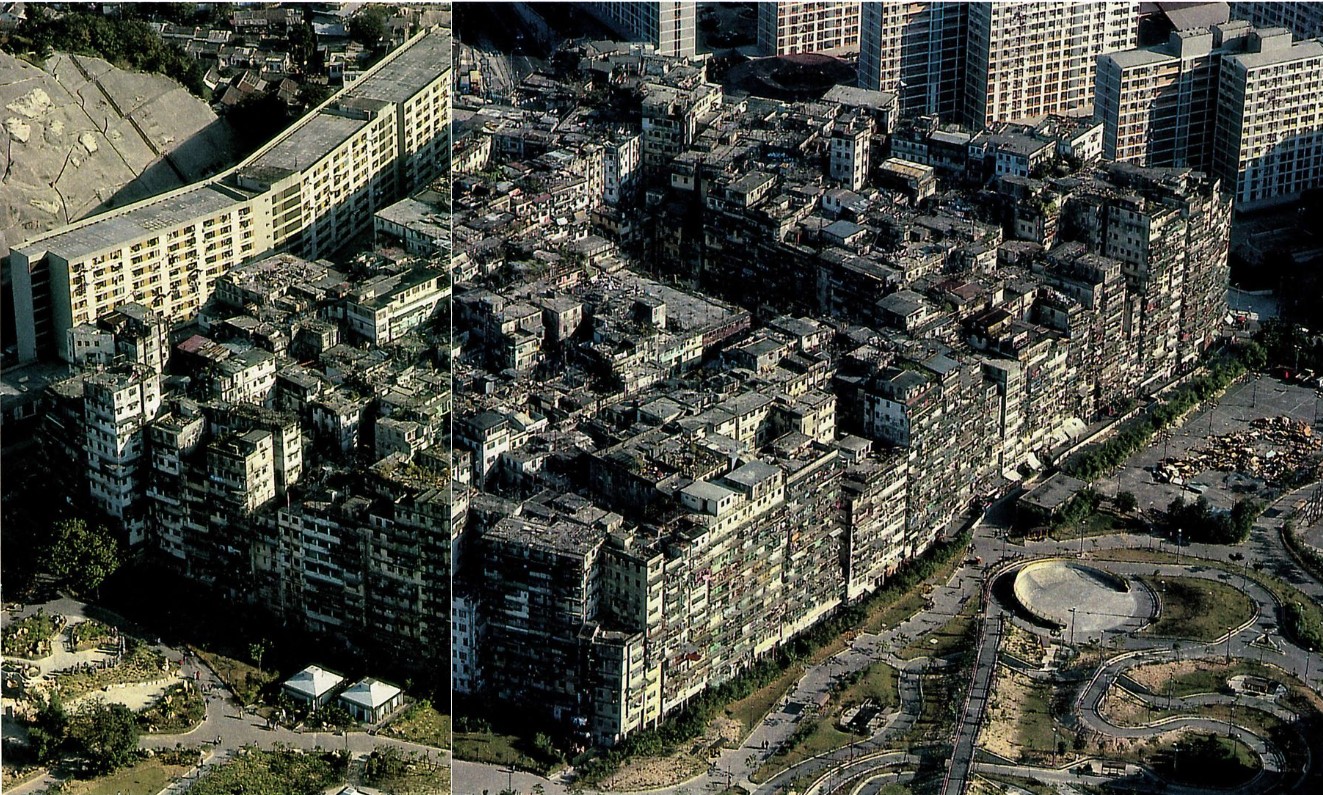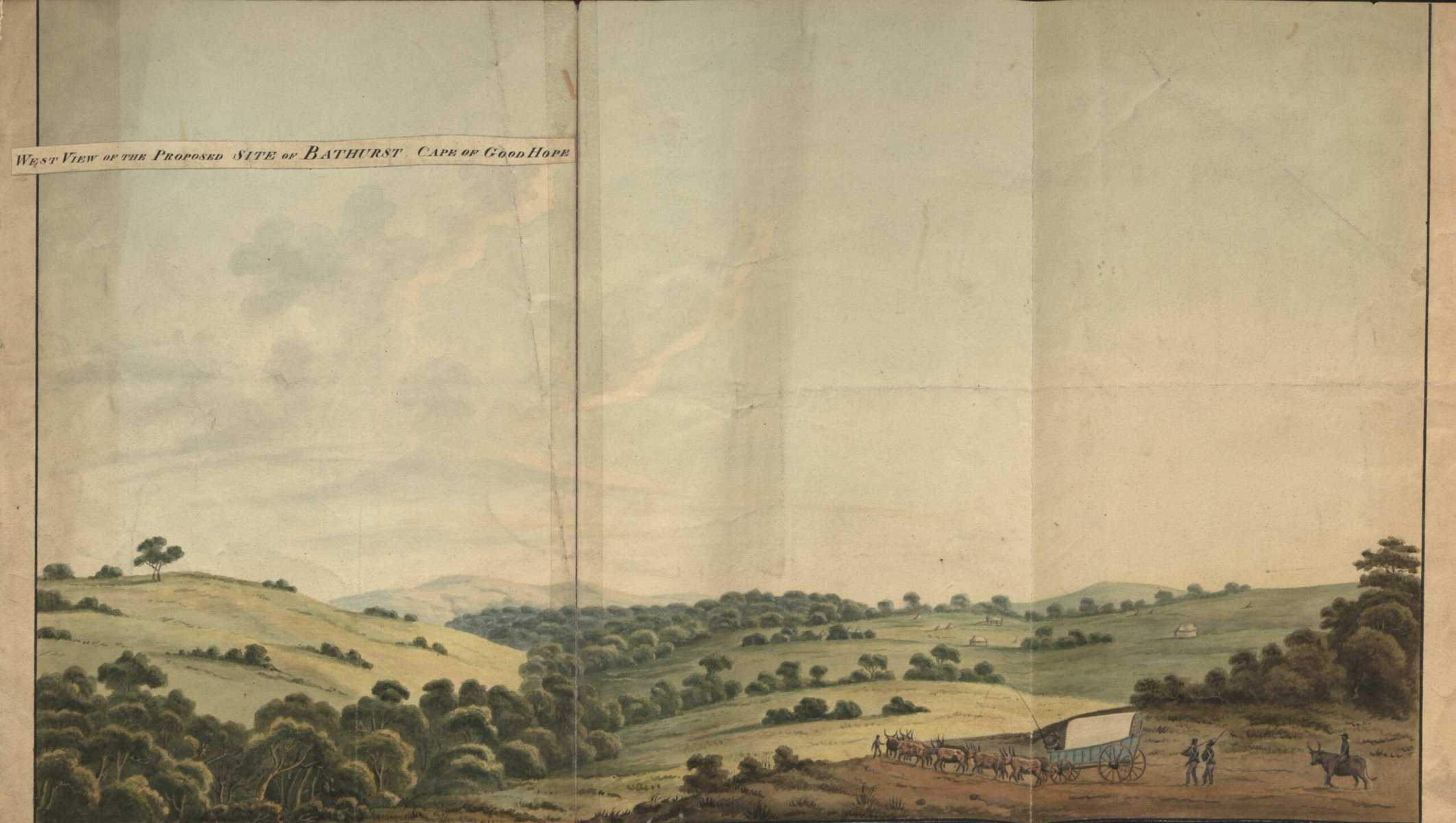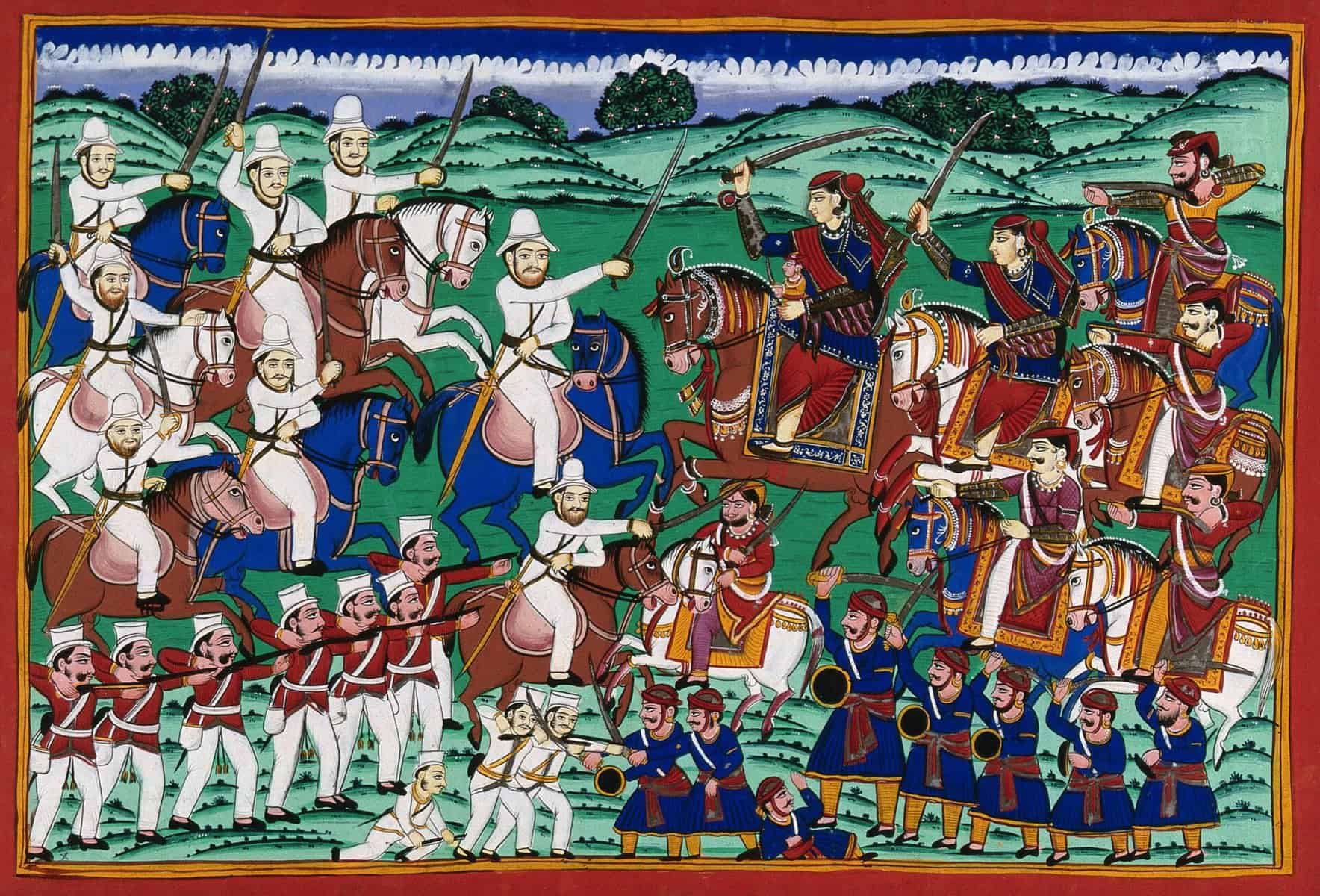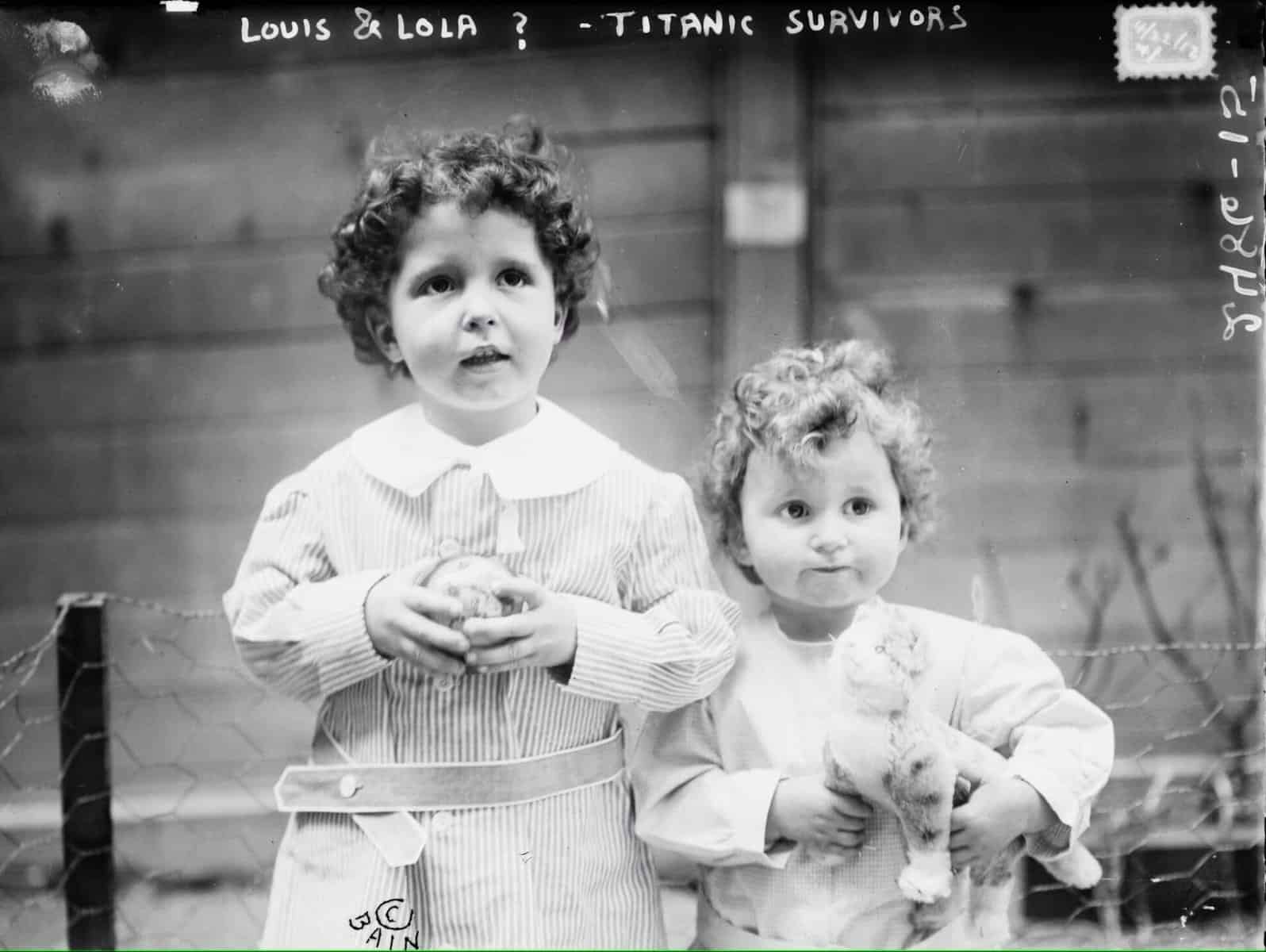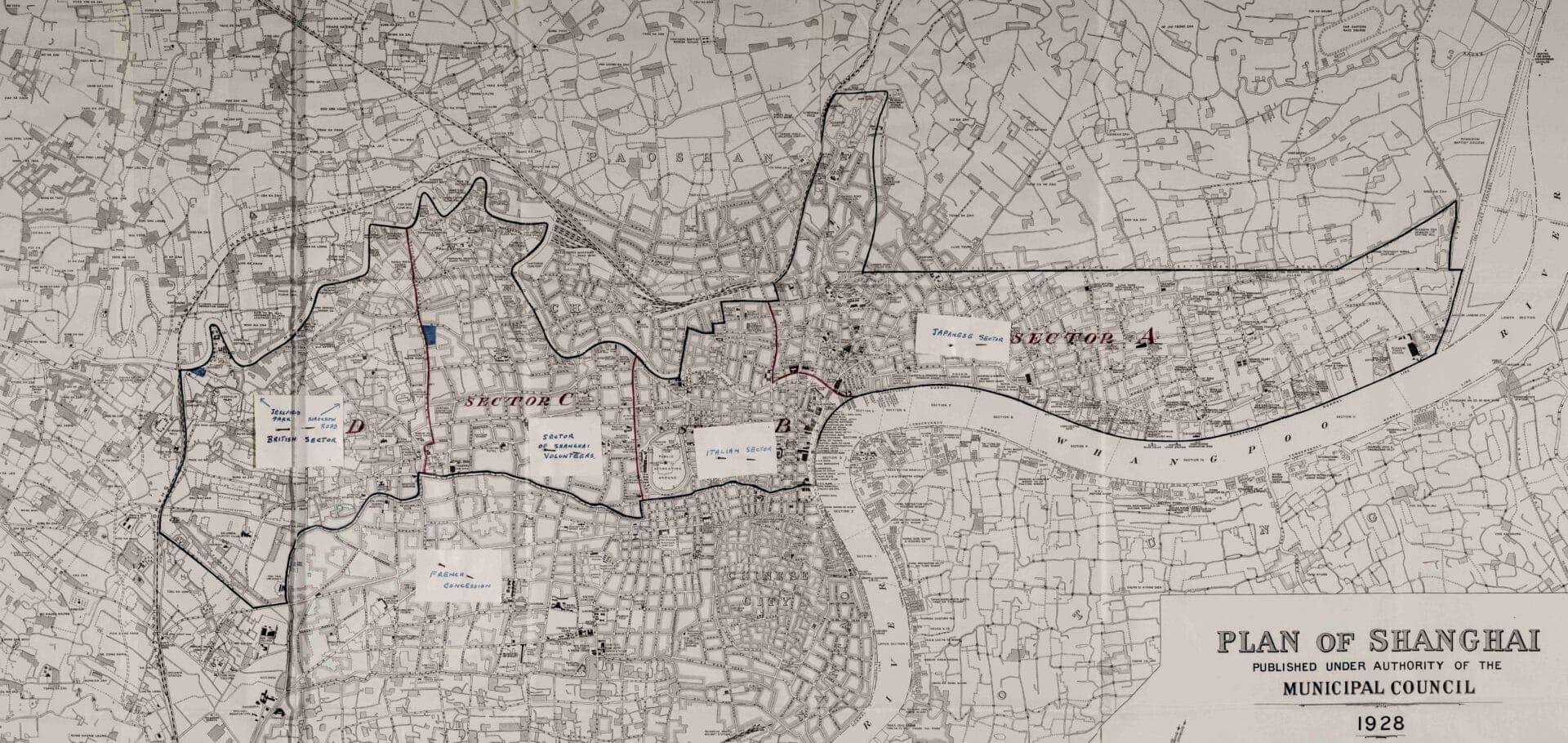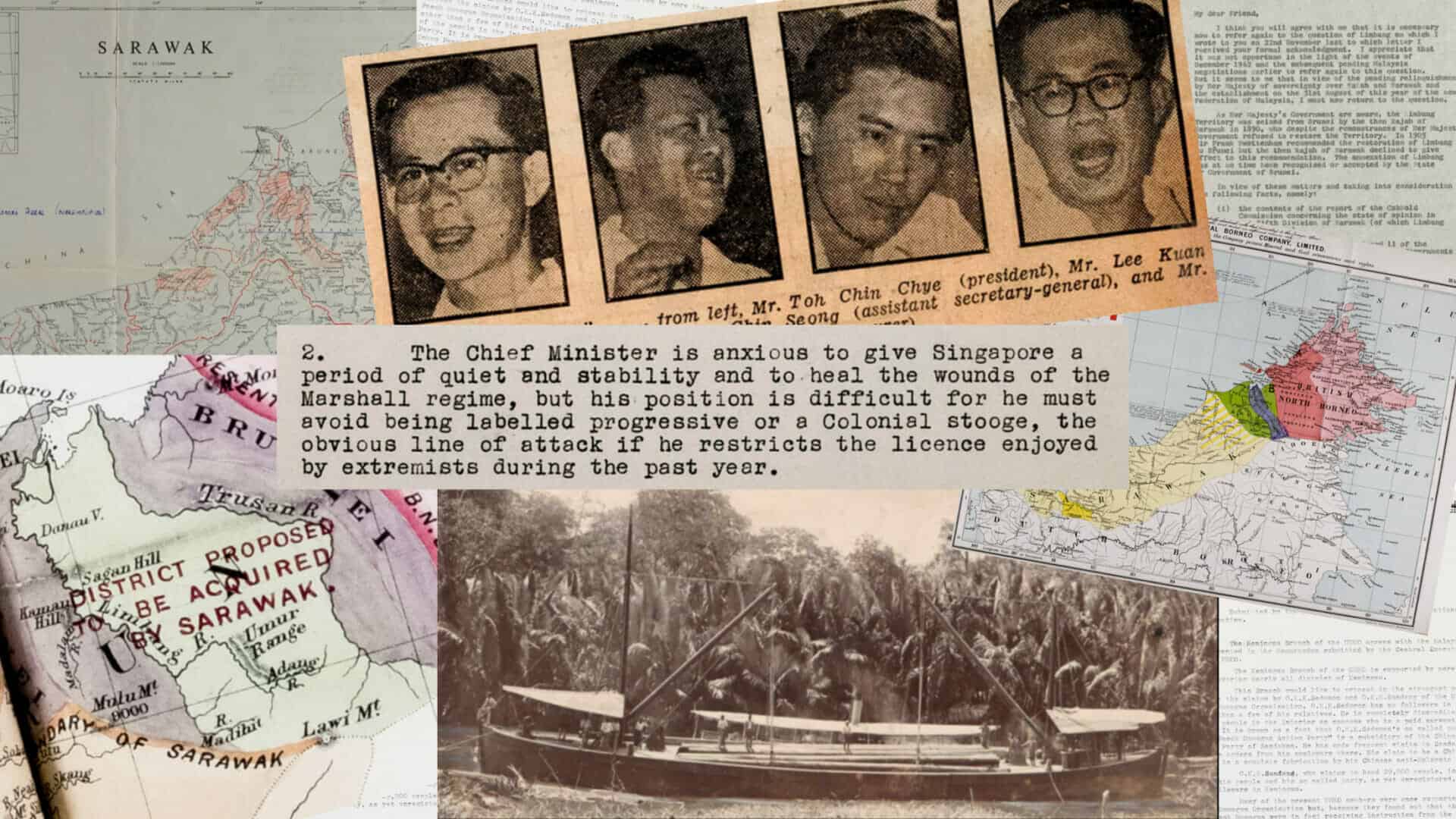│By Masaki Morisawa, Senior Product Manager│
In the February 1991 issue of the National Geographic there is an aerial photo of a strange architectural structure in Hong Kong. What at first glance seems like a giant post-apocalyptic fortress, on closer examination reveals itself to be a jumble of many small buildings crammed so close together that they seem to form a single mass.
This was Kowloon Walled City, an infamous slum district within colonial Hong Kong for nearly a century until it was torn down 30 years ago in 1994. Its haunting visual appearance, and the extreme density and anarchy of life within its compound continues to capture many people’s imagination today, as evidenced most recently in the huge success of an action movie set in the now legendary location.

